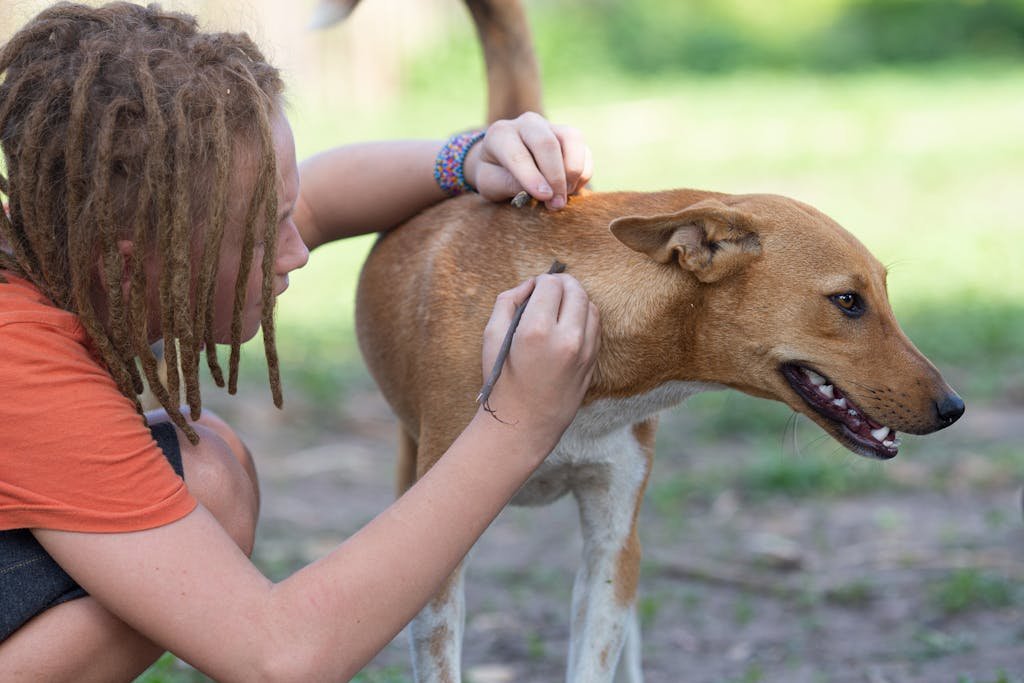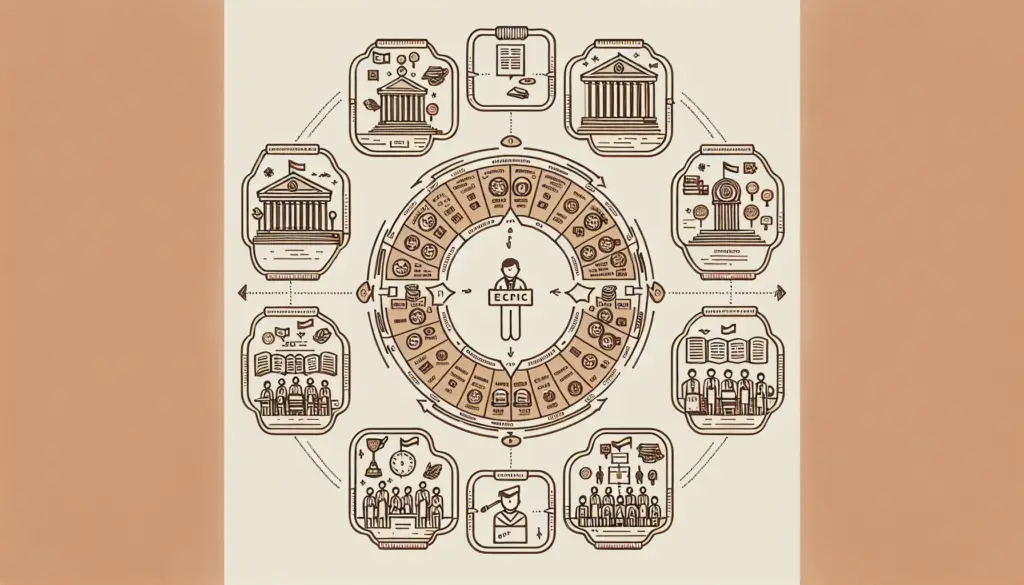Animal Husbandry Optional UPSC CSE

Understanding the Animal Husbandry Optional UPSC CSE Syllabus
The UPSC Civil Services Examination offers Animal Husbandry and Veterinary Science as an optional subject, which is particularly advantageous for candidates with a background in veterinary science, zoology, or related fields. This subject is not only relevant for those interested in animal welfare and rural development but also offers a structured and scientific approach to scoring well in the examination. Let’s explore the importance of understanding the Animal Husbandry Optional UPSC CSE syllabus and how it can be a game-changer for aspirants.

Overview of the Animal Husbandry Optional UPSC CSE Syllabus
The Animal Husbandry Optional UPSC CSE syllabus is divided into two papers, each carrying 250 marks, making a total of 500 marks. Understanding this syllabus is crucial for targeted preparation and maximizing scoring potential.
Paper I
Paper I covers the following key areas:
- Animal Nutrition: This section deals with the partitioning of food energy within animals, the role of carbohydrates, proteins, fats, minerals, and vitamins in animal diets, and the nutritional requirements of different livestock.
- Animal Physiology: It includes the study of various physiological systems in animals, such as the digestive, respiratory, and reproductive systems, and their functions.
- Animal Reproduction: This topic focuses on reproductive physiology, semen quality, preservation, artificial insemination, and embryo transfer technology.
- Livestock Production and Management: It covers management practices for different types of livestock, including dairy, poultry, and swine, as well as the economics of livestock production.
- Genetics and Animal Breeding: This involves the principles of genetics, methods of breeding, and genetic improvement of livestock.
- Extension Education: This section emphasizes the methods and practices of educating farmers and livestock owners about new technologies and practices in animal husbandry to improve productivity and welfare.
Paper II
Paper II includes:
- Veterinary Anatomy and Pharmacology: This covers the study of anatomical structures, pharmacological principles, and therapeutic drugs used in veterinary medicine.
- Animal Diseases: Topics include the etiology, pathogenesis, diagnosis, and control of diseases affecting various livestock species.
- Veterinary Public Health: This section addresses zoonotic diseases, food safety, and public health regulations.
- Milk and Milk Products Technology: It involves the processing, quality control, and safety standards of milk and milk products.
- Meat Hygiene and Technology: This includes meat inspection procedures, preservation methods, and regulatory provisions in the meat trade.
Importance of Understanding the Syllabus
Understanding the Animal Husbandry Optional UPSC CSE syllabus is vital for several reasons:
- Targeted Preparation: A thorough understanding of the syllabus helps candidates prioritize topics based on their strengths and weaknesses, allowing for a more focused and efficient study plan.
- Scoring Potential: The syllabus is well-defined and scientific, which reduces ambiguity and allows candidates to score high marks through precise and structured answers.
- Relevance to Rural Development: The subject’s focus on livestock management and public health makes it particularly relevant for candidates interested in rural development and agricultural policies.
- Overlap with General Studies: Some topics within the Animal Husbandry Optional UPSC CSE syllabus overlap with the General Studies papers, providing an added advantage in the preparation process.
- Professional Relevance: For candidates with a background in veterinary science or related fields, the syllabus aligns well with their academic knowledge, making it easier to grasp and apply the concepts.
Preparation Strategies for Animal Husbandry Optional UPSC CSE
- Understand the Syllabus: Familiarize yourself with the UPSC syllabus for Animal Husbandry and Veterinary Science thoroughly. This will help you understand the scope of the subject and prioritize topics accordingly.
- Collect Study Material: Gather standard textbooks, reference books, study materials, and previous years’ question papers for the optional subject.
- Make a Study Plan: Create a study plan covering all the topics mentioned in the syllabus. Allocate specific time slots for each topic based on their importance and your understanding level. Ensure to include regular revisions in your plan.
- Focus on Core Concepts: Understand the fundamental concepts thoroughly before moving on to advanced topics. Topics like animal breeding, genetics, nutrition, veterinary anatomy, physiology, and pathology are crucial.
- Refer to Current Affairs: Stay updated with the latest developments in the field of animal husbandry, veterinary science, and related government policies. Incorporate current affairs related to these topics in your preparation.
- Notes Making: Effective note-taking in animal husbandry and veterinary science is very important for students to organize and retain vast amounts of information, such as animal behavior, health protocols, and treatment methods. These notes serve as valuable references during examinations.
- Practice Diagrams and Flowcharts: Animal Husbandry and Veterinary Science is a subject where diagrams and flowcharts play a significant role. Practice drawing diagrams and flowcharts to explain concepts effectively. This will also help you in scoring better in the exam.
- Solve Previous Years’ Papers: Solve previous years’ question papers to understand the exam pattern, question types, and to improve your time management skills. It will also give you an idea about the topics that are frequently asked in the exam.
- Practice Answer Writing with Strategy: Regularly take mock tests and solve previous year’s questions to identify strengths and weaknesses in answering. Develop a strategy to focus on strong areas while addressing weaker ones. Plan to tackle questions that yield the highest marks effectively and track your performance regularly for improvement.
Conclusion
The Animal Husbandry Optional UPSC CSE syllabus offers a comprehensive and structured approach to the study of animal husbandry and veterinary science. Understanding this syllabus is crucial for targeted preparation and maximizing scoring potential. With the right strategies and resources, candidates can excel in this optional subject and enhance their chances of success in the UPSC Civil Services Examination. Whether you have a background in veterinary science or a keen interest in animal welfare, this optional can be a rewarding choice that aligns with your career goals and aspirations.






Responses